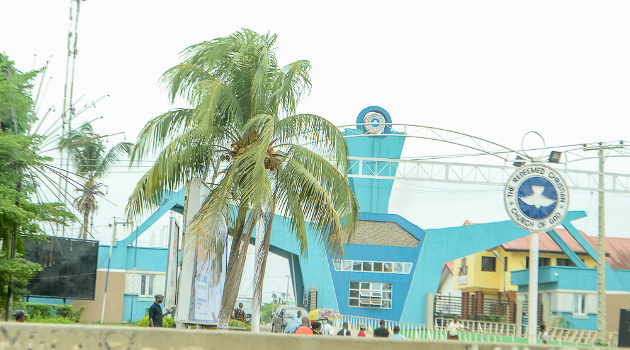Whenever someone accuses me of being too dogmatically opposed to government, I tell them that I only got 94 out of 160 possible points when I took Professor Bryan Caplan’s Libertarian Purity Quiz.
 That’s barely 70 percent, which makes it seem like I’m some sort of squishy moderate even though I have a nice list of government departments and agencies I want to abolish.
That’s barely 70 percent, which makes it seem like I’m some sort of squishy moderate even though I have a nice list of government departments and agencies I want to abolish.
And whenever someone accuses me of being insufficiently opposed to government, I point out that my score on Professor Caplan’s quiz is good enough – albeit just barely – for me to be categorized as a hard-core libertarian.
![]()
So does this mean I’m a principled moderate, if such a creature even exists?
Actually, it simply means that I’m not an “anarcho-capitalist,” which is the term for people who think all government can be abolished (sort of like the “more libertarian than thou” character in this amusing list of the 24 types of libertarians). If you want to get a perfect score on the Libertarian Purity Quiz, you have to favor abolishing the Department of Defense, the court system, and every other vestige of government.
That being said, I like that there are people pushing the envelope for more liberty. And I tell my anarcho-capitalist friends that we should all work together to get rid of 90 percent of government and then we can quibble over the rest.
Moreover, when I spoke earlier this year at the conference celebrating the 2nd-anniversary of Liberland, I pointed out that there are plenty of examples of how the private sector successfully carries out functions that most people think can only be handled by government.
Which leads me to the focus of today’s column. The U.K.-based Guardian has a fascinating story about a very successful Nigerian church.
The Redeemed Christian Church of God’s international headquarters in Ogun state has been transformed from a mere megachurch to an entire neighbourhood, with departments anticipating its members’ every practical as well as spiritual need. A 25-megawatt power plant with gas piped in from the Nigerian capital serves the 5,000 private homes on site, 500 of them built by the church’s construction company. New housing estates are springing up every few months where thick palm forests grew just a few years ago.
To most people, this story is probably interesting because of what it says about Nigeria and religion.
But since I’m a wonky libertarian, what grabbed my attention was the fact that the church – for all intents and purposes – was building an anarcho-capitalist society.
Education is provided, from creche to university level. The Redemption Camp health centre has an emergency unit and a maternity ward. …“If you wait for the government, it won’t get done,” says Olubiyi. So the camp relies on the government for very little – it builds its own roads, collects its own rubbish, and organises its own sewerage systems. And being well out of Lagos, like the other megachurches’ camps, means that it has little to do with municipal authorities. …according to the head of the power plant, the government sends the technicians running its own stations to learn from them. …the camp’s security is mostly provided by its small army of private guards in blue uniforms.
To be sure, it’s not a purely anarcho-capitalist society. The Nigerian government still has ultimate power to enforce laws.
But from a practical, day-to-day perspective, the church has set up a private city governed by private contract and voluntary cooperation. Sort of a Nigerian version of Galt’s Gulch.
And it’s definitely worth pointing out that it is far more successful than traditional Nigerian cities (and it sounds like it works better than many American cities!).
P.S. Anarcho-capitalism is susceptible to satire, as you can see from this clever video about Somalia and this ad for libertarian breakfast cereal.

